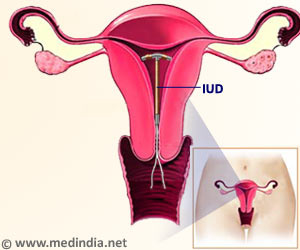Nursing mothers in Australia are not getting adequate advice on medication, new research shows.
Nursing mothers in Australia are not getting adequate advice on medication, new research shows.
Women stop breastfeeding on their own, fearing that medication they are taking could harm the baby, Dr Lisa Amir of Mother & Child Health Research, La Trobe University, has found.
In a recently published paper, Dr Amir says that the problem is with health professionals. “Although some health professionals follow expert advice in providing information about drug safety for breastfeeding women, many do not. The situation is often confusing for patients who are the recipients of contradictory information.” Many mothers believe that medication they take can harm a baby if they breastfeed, but studies have shown that serious adverse drug reactions in infants are rare, particularly in infants over one month of age. If a mother isn’t breastfeeding, the infant is missing out on an important part of their development.
“Many people are unaware of just how beneficial breast milk is to a baby,” Dr Amir explains. “When considering the risk/benefit analysis of medicines for breastfeeding women, the risks of not breastfeeding greatly outweigh the risks of the vast majority of medications.”
The solution lies with providing the right resources for health professionals. Health professionals need to look drugs up in a reliable source and to involve the mother and her partner in developing a therapeutic plan,’ says Dr Amir.
The US Centers for Disease Control have called for public health action to ensure that evidence-based information about safety of drugs during lactation is easily accessible to women and health professionals. They suggest that a panel of experts could set priorities and standards, interpret data, and make recommendations. An internet-based central resource could enable clinicians and consumers around the world to make the best decisions when considering medicines for breastfeeding women.
Dr Amir stresses, “A mother’s milk has the right sort of proteins and sugars that a baby needs. It also has living cells in it, so the baby gets white blood cells from the mother.”
“Many people are unaware of just how beneficial breast milk is to a baby,” Dr Amir explains. “When considering the risk/benefit analysis of medicines for breastfeeding women, the risks of not breastfeeding greatly outweigh the risks of the vast majority of medications.”
The solution lies with providing the right resources for health professionals. Health professionals need to look drugs up in a reliable source and to involve the mother and her partner in developing a therapeutic plan,’ says Dr Amir.
The US Centers for Disease Control have called for public health action to ensure that evidence-based information about safety of drugs during lactation is easily accessible to women and health professionals. They suggest that a panel of experts could set priorities and standards, interpret data, and make recommendations. An internet-based central resource could enable clinicians and consumers around the world to make the best decisions when considering medicines for breastfeeding women.
Dr Amir stresses, “A mother’s milk has the right sort of proteins and sugars that a baby needs. It also has living cells in it, so the baby gets white blood cells from the mother.”
Advertisement










